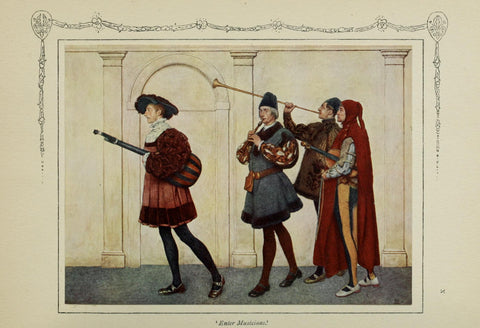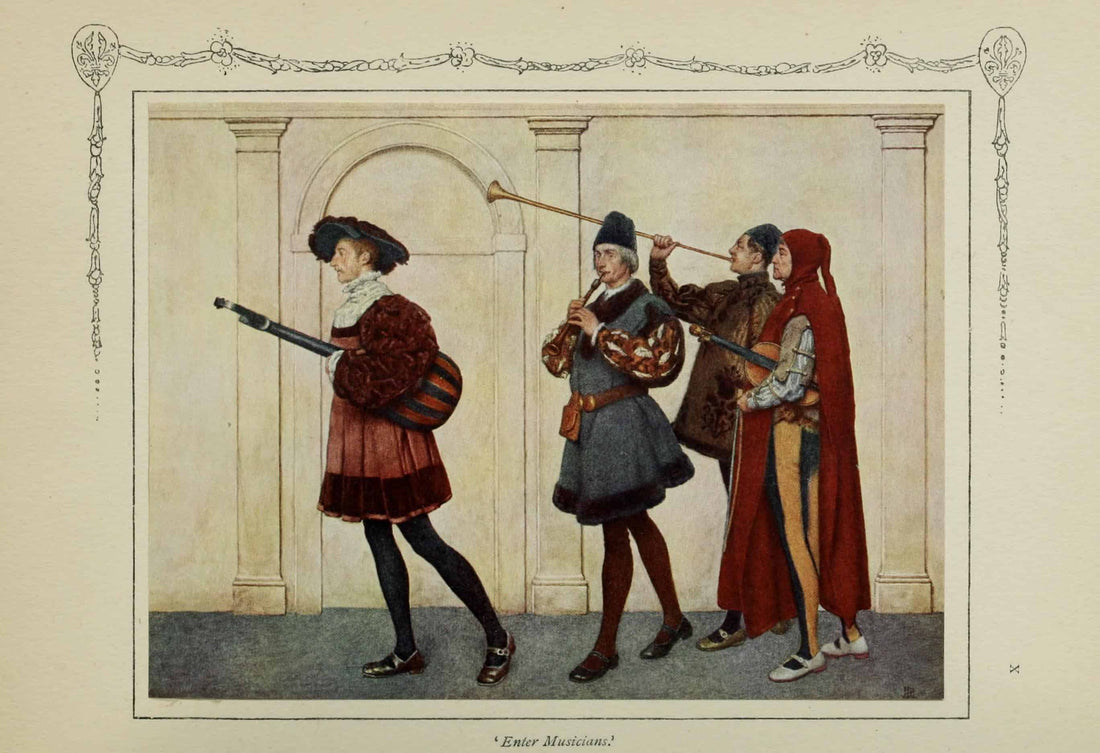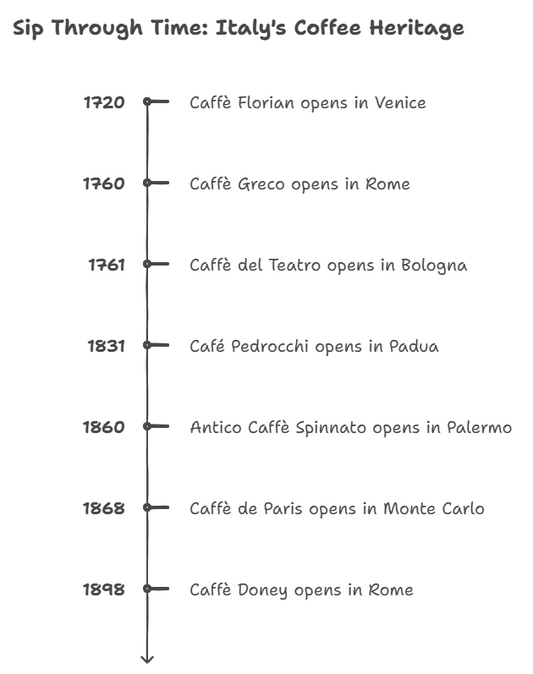Merchant of Venice is one of the most popular romantic comedies. It is a comedy since it embodies the theme: no one dies and there is a happy ending to the play. Though it has some dark moments as it develops, there are humorous moments that intersperse the play. Shakespeare’s comedies have a certain pattern that is well defined. He gives a conflict and the characters solve it in a classical way that carries the reader to the end.

The hero in the Merchant of Venice is Antonio and the villain is Shylock. However, none of them are within the circle of marriage by the end of part V. Actually, though Antonio’s depression comes out clearly at the start of the play, the issue comes out pending at the end of the play and he goes into a melancholic mood.
The strongest argument that discounts the play as true comedy is the appearance of Antonio as a protagonist and he appears to be very far from the magic circle just as Shylock, the villain, is. While Portia, Bassanio, and their associates marry at the end of part V, Antonio remains behind with his money and ships. He seems to be headed to depression. Antonio is not satisfied with his friends at the beginning of the play and he openly shows it. He says that he holds a sad part of the world though he seems to be the owner of the world in the play. As Shylock pursues his gruesome repayment, Antonio remains in a defeated and dreary state. He is very eager to stop his suffering which is being propagated by his lost business and debtors. He tells Bassano not to grieve since he is going through all that for her and he expresses hope that fortune will show up in such a situation though it is not custom.
Antonio asks the court not to try anymore and save his life. The attempts to save his life are only comparable to the useless endeavors to halt the tidewaters or put to question why a wolf killed a sheep. While seemingly resigned to fate which is grisly, he describes himself as tainted wether of flock whose only meet is death. He signals that it is the weakest fruit that reaches the ground first, and he compares himself to the fruit. Even though the dispute that Antonio has with Shylock has swung to Antonio’s favor, his melancholy mood has no part to play to end the play. In the meantime, Nerissa and Portia seem to have some trickster moments with their spouses, and Antonio declares that he is the sad subject of the quarrels. Though Portia tells Antonio that his merchant fleet is poised to reap, he does not take that as an encouragement. He just thanks Portia and goes into silence again. Antonio does not have a happy ending in the play as compared to the other actors in Venice.
Any argument against Merchant of Venice being a comedy is watered down by the way Shakespeare develops the play. Portia and Bassanio, who are the other part of the other main plot, have a happy ending. This showcases Shakespearean display of heroine and hero. The two, Portia and Bassanio, form part of the magic circle eventually. Their dating and marriage staged in Belmont moves the reader through the strict conditions of Portia’s father regarding her marriage. Bassanio plays a fantastic role which removes Portia from the predicaments in Venice.
When they finally return to Venice, their fantastic and magical atmosphere accompanies them and this gives Antonio a moment of rescue by Nerissa and Portia. These two women depict the strong women as indicated by Shakespeare. He uses the term “strong woman” in other plays such as the Twelfth Night and Viola. The protagonists are surrounded by the magic circle and Shakespeare combines 6 bachelors at the play and he comes up with couples who are destined to live happily in life. It is here that the hindering forces of these marriages are lifted. The hindrances are husbands forfeiting rings, the religion of Jessica, and the bond of Antonio. The comedy comes to a logical conclusion.
Moreover, Shylock, who is considered to be the evil plotter in the play, is rejected by the magic circles and left to follow his own devices. He loses his money, the strong bond with Antonio, his dignity as a merchant of Venice, his daughter, his Jewish faith, and his assets. Everything he holds values too much to lose is taken away from him and he is removed from the happy conclusion of part V. Such is the kind of treatment that the villain of a comedy should receive. Notwithstanding the treatment that Antonio receives, the facts put together in the play depict a perfect analogy of a comical play.
How about Antonio? If he is to be considered as the hero of the plot, and if comedies from Shakespeare are always having a happy ending, can Merchant of Venice be taken as a real comedy? This question lingers in many people’s minds since Antonio remains in a melancholic tone as he started. The argument of deducing the play as non-comical is derived from the way Antonio is treated. Also, it is derived from the relentless search of Portia and the magical inspiration of Bassanio to pick the correct chest. Love and marriage are the only concerns of the residents of Belmont. Therefore, the characters who end up getting married at the end of part V are a perfect representation of what the people of Belmont want. However, Shylock and Antonio have nothing to do with Belmont. They don’t want marriage or love, but they just want lucrative ventures.




